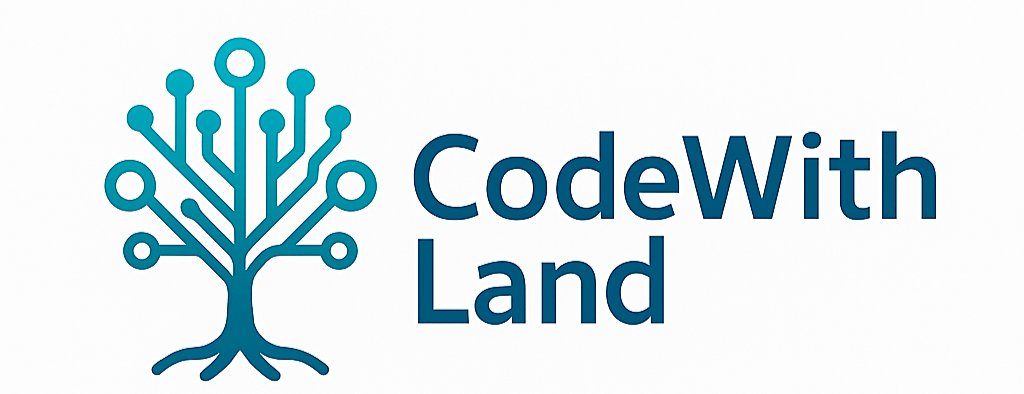Mastering Your Habits: A Journey to a Better You
In our fast-paced world, our habits shape who we are—often without us even noticing. But what if you could take control of these automatic routines and steer your life toward your biggest goals? Whether you want to break a negative pattern or develop a healthier routine, understanding how to control your habits can be life-changing. Here’s a deep dive into the science, strategy, and everyday practice of habit control.
Understanding What a Habit Is
At its core, a habit is a behavior that repeats itself with little conscious thought. Research in behavioral psychology tells us that our brains form habits as energy-saving shortcuts. Instead of constantly making decisions, our minds create routine responses that can sometimes trap us in cycles we want to escape. Recognizing that a habit isn’t a fixed part of who you are but a malleable behavior is the first step toward change.
The Habit Loop
One of the most influential models is the habit loop, which consists of:
-
Cue: The trigger that initiates the behavior.
-
Routine: The behavior itself.
-
Reward: What your brain gets for performing the behavior, reinforcing the loop.
Understanding this loop can help you pinpoint what needs to change. For example, if stress (the cue) leads to overeating (the routine) for a momentary reward of relief, identifying alternative stress-relief habits can be transformative.
Strategies for Controlling Your Habits
1. Identify and Monitor Your Habits
Before any change, start by observing your current routines. A habit journal can be a powerful tool to note what triggers a behavior, how intense the urge is, and what reward you’re getting. By tracking your habits, you create awareness, which is essential for making conscious changes.
2. Set Clear Goals and Plan
When you decide to reshape a habit, clarity is your friend. Define what you want to achieve—whether it’s waking up earlier, reducing screen time, or practicing mindfulness. Break your goal into manageable steps. For instance, if you’re trying to build a reading habit, start by setting aside 10 minutes each day, and then gradually increase the time as the behavior solidifies.
3. Replace Rather Than Erase
It can be challenging to completely eliminate a habit without a replacement. Instead of trying to simply “stop” an unwanted routine, substitute it with a behavior that aligns with your goals. Consider this: if you usually snack when you’re bored, try replacing that habit with a five-minute walk or a brief meditation session.
4. Leverage Environment and Accountability
Your surroundings have a significant impact on what habits stick. Change your environment to reduce cues for unwanted behaviors—for example, removing junk food from your kitchen if you’re trying to eat healthier. Additionally, enlisting a friend or mentor for accountability can provide encouragement and honest feedback.
5. Practice Mindfulness
Mindfulness isn't just a buzzword; it's a concrete method for interrupting automatic routines. Techniques such as deep breathing or a moment of pause before responding to a cue can help you break the cycle. This small pause allows you to choose a different, more intentional action.
6. Be Patient and Resilient
Changing habits isn’t a linear process. There will be setbacks, and that’s okay. View each slip as a learning experience rather than a failure. Remember that consistency over time—not perfection—is what leads to lasting change.
Real-Life Applications
Imagine Sarah, a busy professional who found herself mindlessly scrolling her phone during dinner time. Recognizing the distraction, she started by placing her phone in another room during meals. Soon, dinner became a moment for conversation and mindful eating rather than a distraction-filled routine. This small change not only improved her relationships but also enhanced her overall satisfaction with mealtime.
Wrapping Up
Controlling your habits is about more than willpower—it involves understanding your patterns, making strategic adjustments, and giving yourself grace during the process. Small changes, consistently applied, can lead to monumental improvements in your quality of life.
By identifying cues, planning deliberate routines, and actively engaging in the process of change, you turn habits into the building blocks of your success. Today is the perfect day to start that journey toward a more intentional, fulfilling life.
Embrace the process with kindness and patience. Remember: change takes time, but every step forward is progress. Feel free to share your journey or any strategies that have worked for you—we’re all in this habit-transformation journey together!
Inspired by habit research and expert advice from sources like "The Power of Habit" and "Atomic Habits", this guide aims to provide practical, relatable strategies that you can apply right away.





